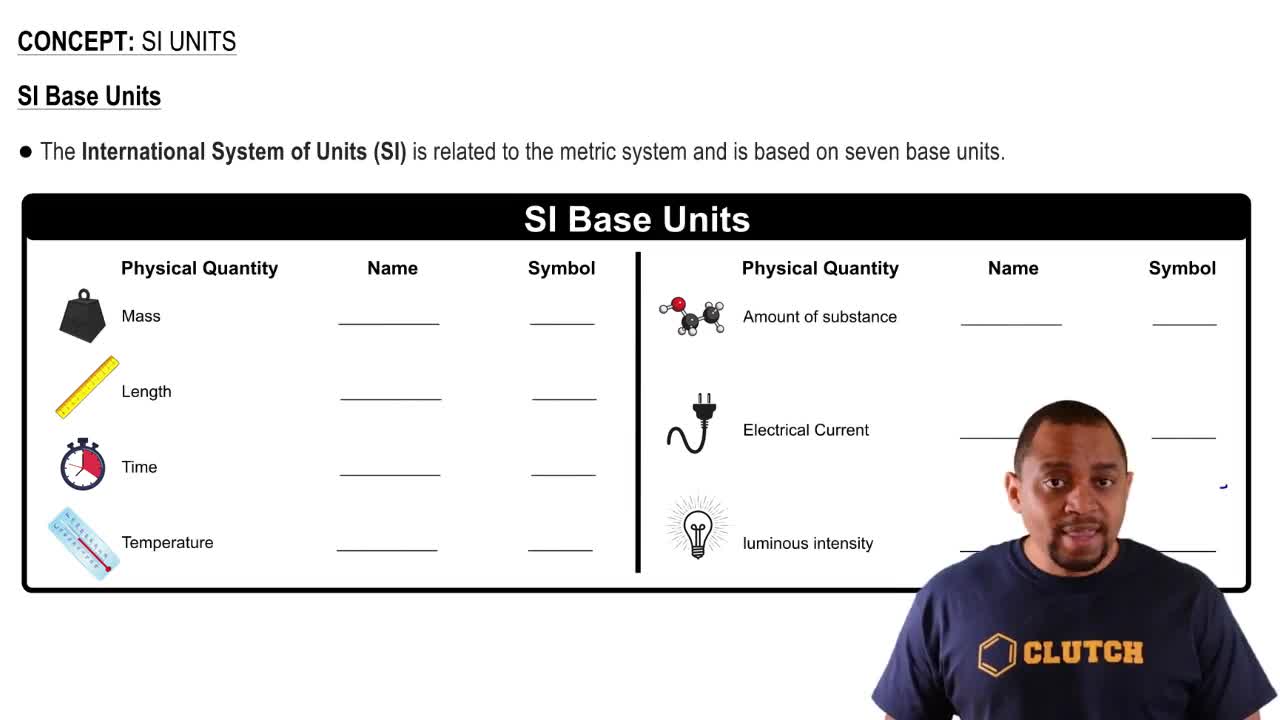Here are the essential concepts you must grasp in order to answer the question correctly.
Specific Heat Capacity
Specific heat capacity is the amount of heat required to raise the temperature of one gram of a substance by one degree Celsius. It is a crucial property that determines how much energy is needed to change the temperature of a material. In this case, Coca-Cola is assumed to have the same specific heat as water, which is 4.18 J/(g·°C), allowing for straightforward calculations of heat transfer.
Recommended video:
Heat Transfer Calculation
The heat transfer (q) can be calculated using the formula q = m × c × ΔT, where m is the mass of the substance, c is the specific heat capacity, and ΔT is the change in temperature. This formula allows us to quantify the energy exchanged during temperature changes, which is essential for solving the problem of cooling Coca-Cola from 25°C to 3°C.
Recommended video:
Calculations with Heating and Cooling Curves
Units of Energy
Energy is often measured in joules (J) or kilojoules (kJ), where 1 kJ equals 1000 J. Understanding these units is important for converting the calculated heat transfer into the desired format. In this problem, the final answer should be expressed in kilojoules, necessitating a conversion from joules if the calculation yields a value in that unit.
Recommended video:



